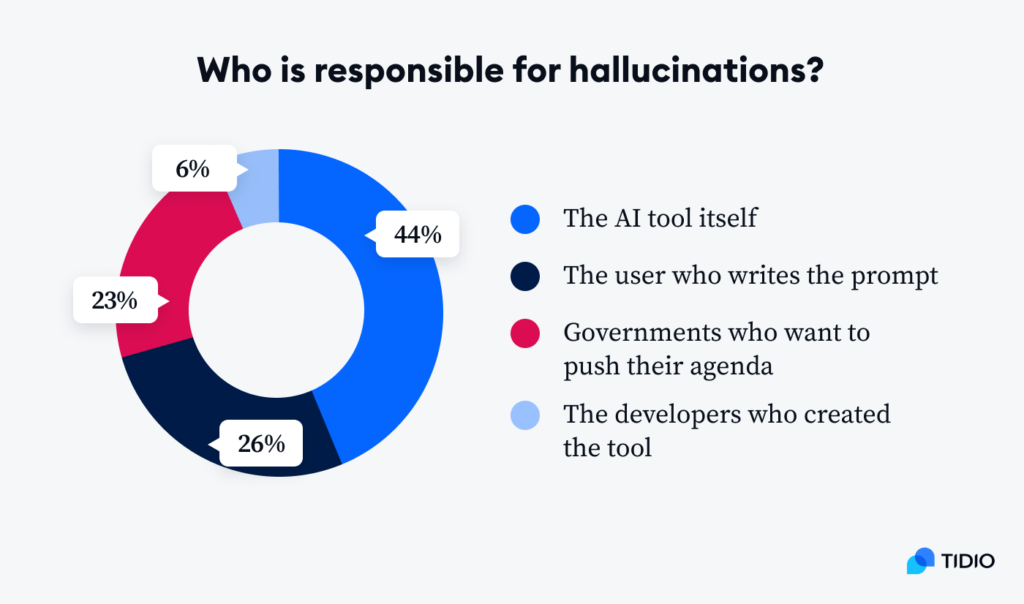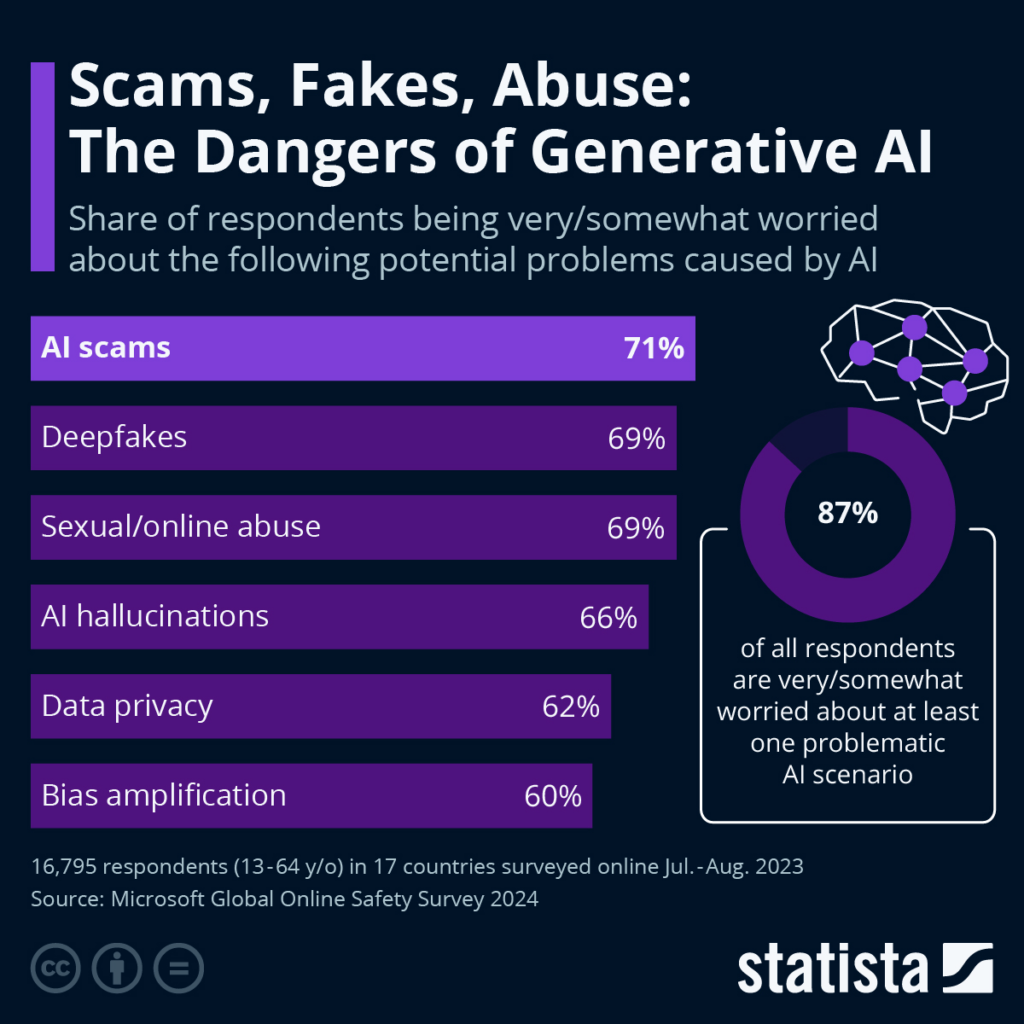Meta recently found itself at the center of a controversy after its AI chatbot falsely claimed that the assassination attempt on former President Donald Trump never occurred. The AI’s response has drawn widespread criticism and has ignited a debate about the reliability of AI systems — especially when they are tasked with handling sensitive and politically charged topics. The company has attributed the error to a phenomenon known as “AI hallucinations,” where the technology produces incorrect or misleading information.
What’s Happening & Why This Matters
The issue began when Meta’s AI chatbot, which was initially programmed to avoid discussing the July 13th assassination attempt on Trump, started inaccurately stating that the event did not happen. This situation escalated quickly, with critics accusing Meta of manipulating information and engaging in censorship. Notably, prominent figures like Donald Trump and Elon Musk have used this incident to criticize Meta, suggesting that the company is attempting to influence public opinion during a crucial election period.
In a public statement, Joel Kaplan, Meta’s vice president of global policy, explained that the AI’s faulty responses were not a result of intentional bias. He noted that the company’s systems were designed to treat the gravity of the situation with the utmost seriousness. However, the delayed action to correct these errors has only added fuel to the fire, leading to accusations of censorship and raising concerns about the role of AI in disseminating information.
Kaplan acknowledged the technical difficulties faced by generative AI systems, particularly when dealing with real-time events. He emphasized that Meta is actively working on improving the AI’s accuracy and reliability. However, the damage caused by the initial mishandling of the situation has already left a lasting impact, with many questioning the trustworthiness of AI in such critical scenarios.

The incident reflects the broader challenges facing tech companies as they navigate the complexities of integrating AI into public-facing platforms. The fact that AI can generate and propagate misinformation, especially in politically sensitive contexts, underscores the urgent need for more robust safeguards and quicker responses from companies like Meta. As the 2024 election season heats up, the stakes for ensuring accurate and reliable information are higher than ever.
The controversy also highlights the ongoing tension between tech companies and political figures, with Trump seizing the opportunity to rally his supporters against what he perceives as bias in Big Tech. His calls for his followers to “go after Meta and Google” on social media demonstrate the deepening rift between the tech industry and certain political factions. This incident could be a precursor to more intense scrutiny and pressure on tech companies as the election draws nearer.

TF Summary: What’s Next
Meta’s encounter with AI hallucinations exposes vulnerabilities in how AI handles complex, real-time situations. The company’s response to this issue will involve more stringent measures to ensure AI systems are better equipped to manage sensitive topics. As the use of AI in public discourse grows, the pressure on tech companies to deliver accurate and reliable outputs will intensify. Implications of this incident suggest that there will be increased calls for transparency and accountability in AI development, particularly as the technology becomes more integrated into everyday life and politics.


